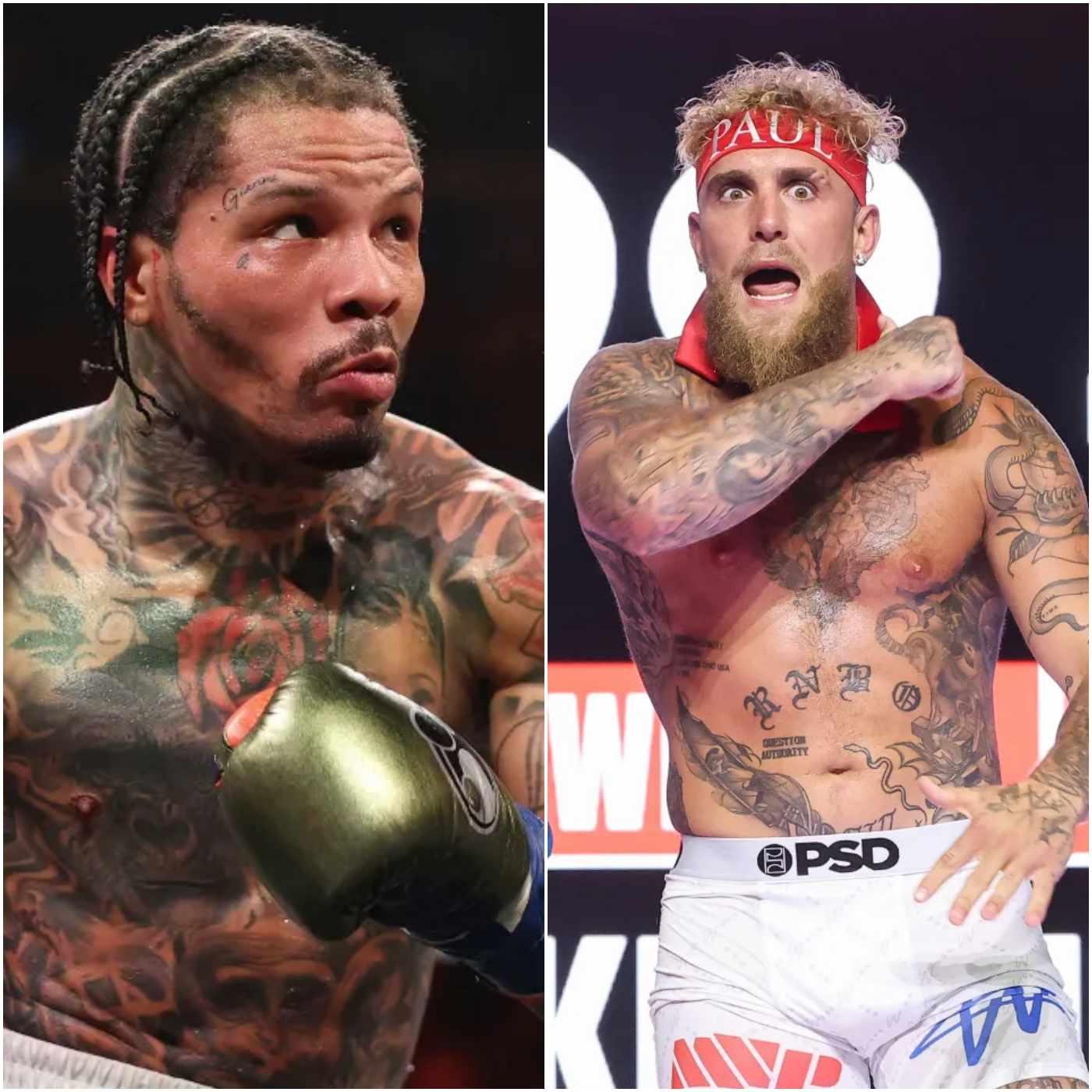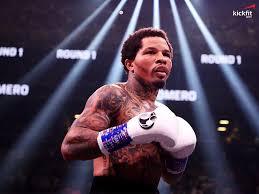In a shocking revelation that has shaken the boxing community, Gervonta Davis, one of the sport’s most electrifying talents, announced that his upcoming fight against Jake Paul would be his last. The news, confirmed via Davis’s social media accounts, reveals that he plans to retire just eight weeks after the fight, marking a sudden and unexpected end to a career that has captivated fans worldwide.

The Announcement
Davis made the announcement through a series of social media posts, expressing both his frustration and disillusionment with the current state of boxing. “Boxing has really changed… it’s gone back and forth… and this thing has no loyalty, so why should I care, I adapt… BOXING IS DEAD,” Davis wrote, highlighting his dissatisfaction with politics, business decisions, and shifting priorities within the sport.
When a fan responded to one of his posts encouraging him to retire, Davis simply replied: “I am… in 8 weeks,” confirming that his decision was final and imminent. This candid declaration underscores growing concerns among top athletes about the integrity, stability, and direction of modern boxing.
The Importance of the Fight Against Jake Paul
The fight against Jake Paul has been one of the most talked-about matchups in recent boxing history. Jake Paul, a YouTube sensation turned professional boxer, has brought unprecedented media attention and controversy to the sport. For Davis, this fight represents both excitement and disillusionment. While the fight is expected to draw massive audiences and intense media coverage, Davis’s comments suggest that the glamour and spectacle of such events no longer align with his personal values or vision of the sport.
By choosing this highly publicized fight as his last, Davis is not only retiring at the height of media attention but also sending a strong message about commercialization and the perceived decline of boxing. The contrast between his talent and the business-oriented spectacle reflects the tension many boxers feel between their passion for the sport and the realities of the professional world.
Why Davis Believes Boxing Is “Dead”
Davis’s bold statement that “boxing is dead” resonates with a growing sentiment among fighters who feel marginalized or disillusioned by the sport’s commercial practices. Contributing factors include:
-
Shifting loyalties: Boxers often feel that promoters, networks, and managers prioritize profit and spectacle over athlete development and fair competition.
-
Commercialization and spectacle: The rise of influencer-driven fights, such as Jake Paul’s entry into professional boxing, creates the perception that traditional meritocracy in boxing is being overshadowed by entertainment value.
-
Lack of loyalty and respect: Davis highlights a perceived absence of loyalty in the sport, suggesting that career decisions are often driven more by financial and political considerations than by merit or athlete legacy.
This critique is not unique to Davis. Many within the boxing community have expressed frustration over the changing dynamics of the sport, where social media presence, pay-per-view numbers, and hype increasingly dictate matchups and opportunities.
Impact on Fans and the Boxing Community
The announcement has triggered intense reactions among fans, commentators, and fellow athletes. Many expressed shock and disappointment, particularly given Davis’s status as one of modern boxing’s most dynamic and exciting fighters. Social media buzzed with speculation about the implications for the sport, and debates have emerged over whether Davis’s departure could accelerate calls for reform or a refocus on athlete-centered practices.
Others see Davis’s decision as a warning, highlighting the pressures and frustrations associated with professional boxing today. His retirement at this stage of his career underscores the need for leagues, promoters, and stakeholders to address structural and ethical issues in order to retain top talent and preserve the sport’s integrity.

Gervonta Davis’s Legacy
Regardless of his retirement, Davis leaves behind a legacy of electrifying performances, knockout power, and unforgettable bouts that have thrilled boxing fans worldwide. From his rise through the lightweight and super featherweight divisions to his reputation as a relentless and highly skilled boxer, Davis has established himself as one of the most formidable talents of his generation.
His career serves as both an inspiration and a cautionary tale: while talent and dedication can propel athletes to global recognition, systemic challenges and frustrations in professional sports can drive even the most passionate individuals away.
Looking Ahead
The announcement that Davis will retire in eight weeks highlights the upcoming fight against Jake Paul, turning it into a potential final spectacle in a career marked by both triumph and controversy. Fans will undoubtedly watch with anticipation, knowing this fight could mark the end of an era.
Davis’s candid remarks about the state of boxing also prompt reflection within the sport: how can boxing evolve to retain elite talent, maintain competitive integrity, and balance commercial interests with the welfare and respect of its athletes? His words may resonate long after he leaves the ring, sparking discussions likely to shape the future of boxing.
Conclusion
Gervonta Davis’s declaration that the fight against Jake Paul will be his last, coupled with his assertion that “boxing is dead,” represents a bold and troubling moment for the sport. It highlights the tension between entertainment, commercial interests, and the fundamental values of boxing. As the fight approaches, fans, promoters, and fellow boxers will be watching closely—not only for the result in the ring but also for the broader implications of Davis’s departure on the future of professional boxing.
Davis’s explosive talent and blunt critique of the sport underscore the need for reflection and reform in boxing. Regardless of the outcome, the boxing world has been shaken, reigniting debates about the direction of the sport like never before.





